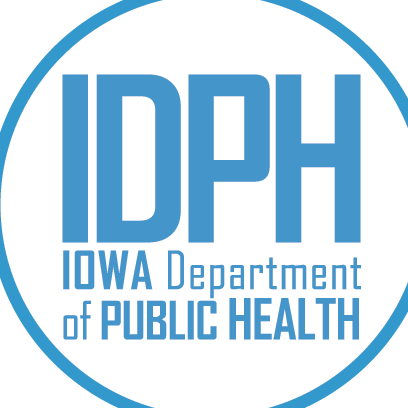The Iowa Department of Public Health is hiring a temporary staffer to assist public information officer Sarah Ekstrand in processing open records requests. The job listing says the new hire will help review and update the agency’s system for tracking requests, communicate with members of the public about the status of requests, help refine search terms, provide cost estimates, and review documents to see if they can be withheld as confidential.
The application deadline for the position was September 16. The temporary hire will be paid between $26.61 and $40.50 an hour, for at most 780 hours of work in the current fiscal year. That works out to about 20 weeks of full-time efforts devoted to processing records requests between now and June 30, 2022.
Governor Kim Reynolds’s COVID-19 emergency proclamations have repeatedly suspended the portions of state law and administrative rules that limit the hours temporary employees can work. (See section 14 of the latest proclamation, signed on September 17.)
Asked why the IDPH included that 780-hour maximum in its job description, Ekstrand replied via email on September 20,
When the proclamation ends, we anticipate that the 780 hour restriction will be reinstated. As there is no FTE [full-time equivalent] assigned for this position, we felt a temporary status would be the most appropriate approach. We also anticipate that as we move toward pandemic recovery, that the volume of work for this position may decrease.
Since the beginning of the COVID-19 pandemic, the IDPH has received numerous records requests and has often been slow to respond to them. The agency has sometimes sought to charge exorbitant fees for email correspondence, and has occasionally refused to provide documents that should be readily available. Those practices generated several complaints to the Iowa Public Information Board, which is charged with enforcing Iowa’s open records law.
In July, the IDPH agreed to revise its policy for handling public records requests in order to resolve one such complaint. Rachel Bruns had waited months for her request to be acknowledged and months more to receive aggregated birth data the IDPH used to routinely provide. As stipulated in the informal resolution with Bruns, the agency updated its communications plan as well as its public records policy this summer.
Last month, the public information board dismissed a similar complaint from Iowa Capital Dispatch deputy editor Clark Kauffman. Over several months, IDPH staff had given him four different excuses for failing to provide a cumulative list of COVID-19 outbreaks at Iowa nursing homes. Board members found “probable cause” the agency had violated the open records law, but exercised their discretion to dismiss the matter, on the grounds that the IDPH was improving its policies.
Utah-based attorney Suzette Rasmussen sued the IDPH in July over a pending request for emails related to the Test Iowa COVID-19 testing program. The litigation has not yet been resolved.

